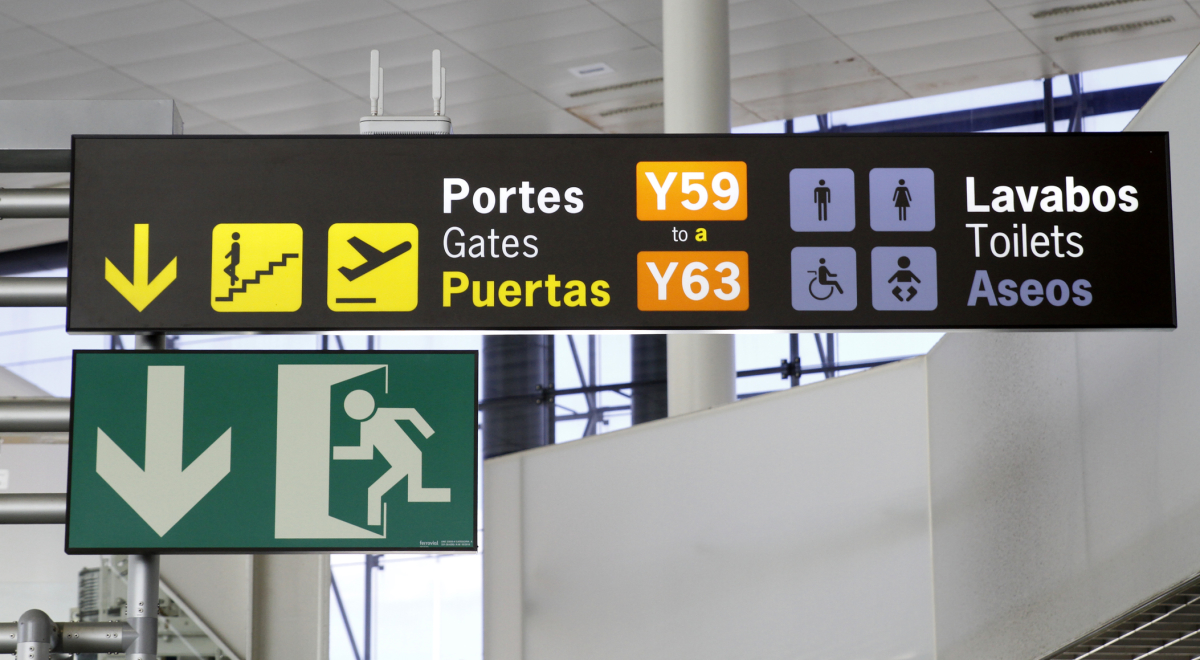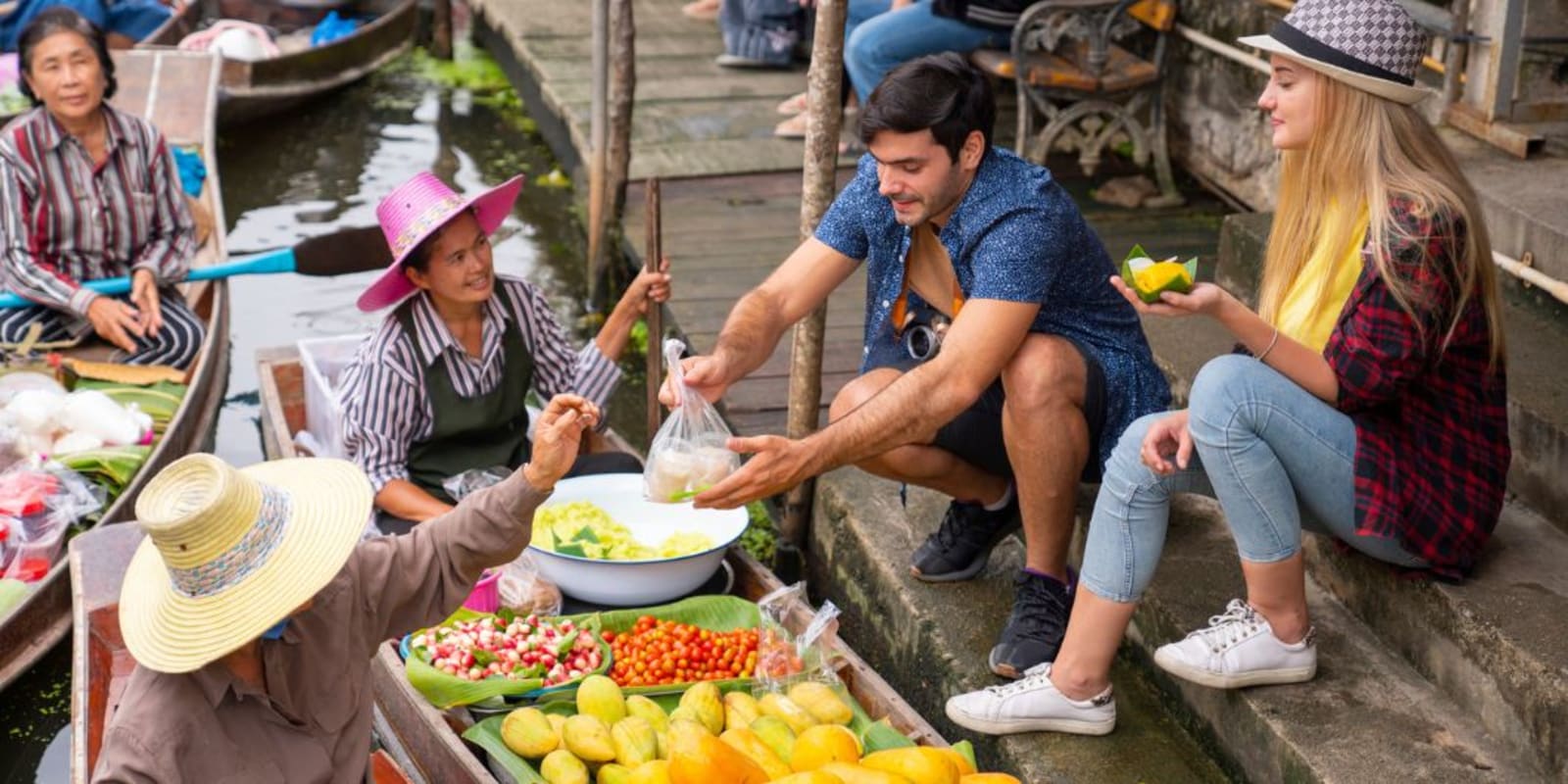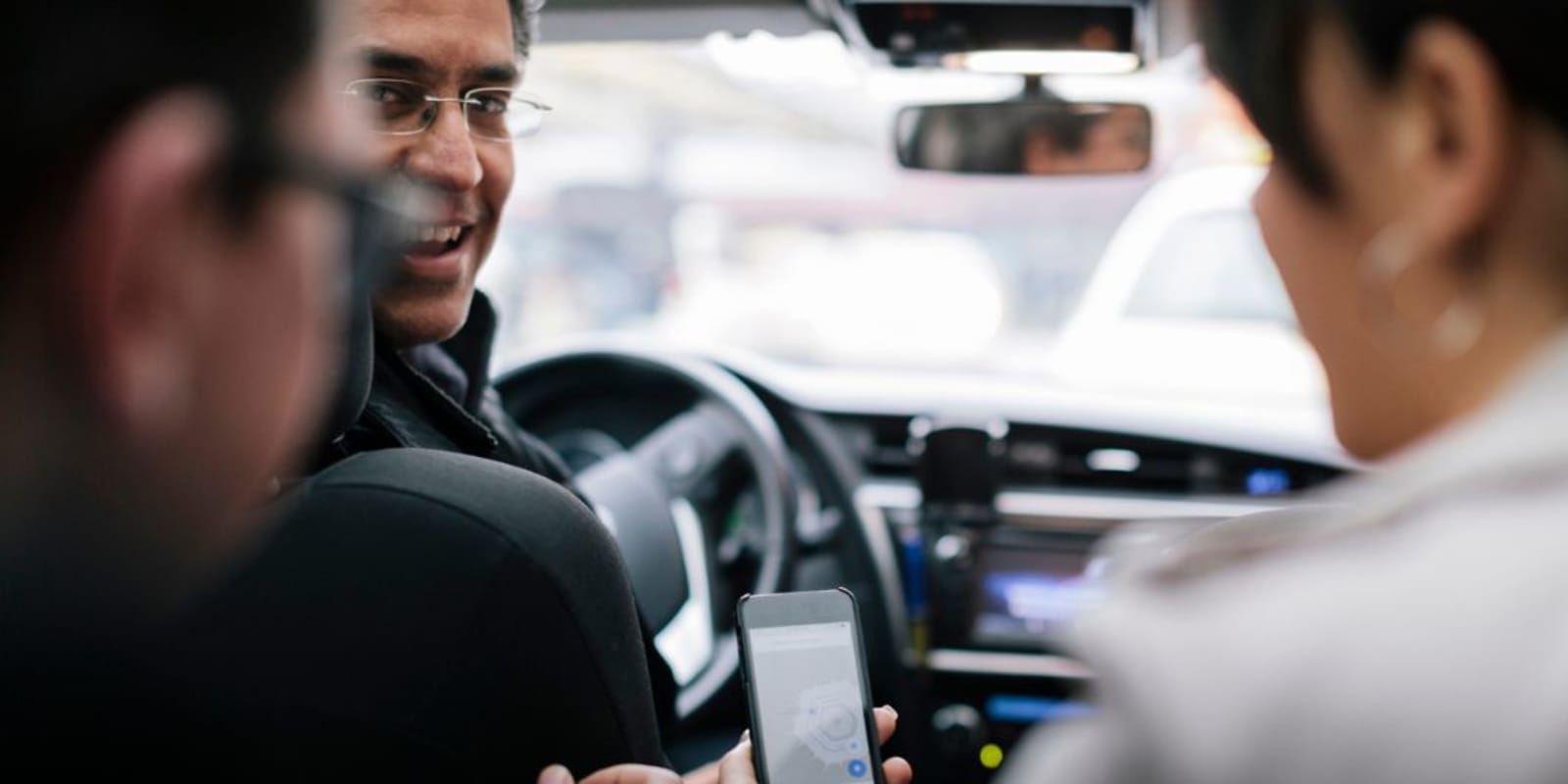How to Overcome Language Barriers While Traveling: Communication Tips and Tricks

Nothing is more exciting than landing in another country; everything is different and exciting, and you can’t wait to explore. Sometimes, culture shock can kick in though, and you realise how different your destination is from home. That’s part of the appeal of travel, but it can sometimes lead to more challenging situations. Language barriers are one such hurdle, and people might shy away from other countries because of these concerns.
We say don’t! It’s a massive part of the travel experience and a great way to fully immerse yourself in the culture of the place you’re visiting. And at worst, you’ll have your very own funny "lost in translation" story to tell.
Here are our best tips for overcoming language barriers when travelling to help you feel more comfortable and explore!
What You'll Read Below:



The Benefits
The benefits of travel are endless; you learn, get out of your comfort zone and make lifelong friends, to name a few. Visiting a travel destination where English isn’t the first language only magnifies these benefits and will change your worldview.
Learning another language also has many benefits; not only will you be able to communicate more easily overseas and with people from all different backgrounds, but you’ll also be boosting your memory, and it will look great on your resume.
Tip 1: Learn at least the basics
Don’t be intimidated by learning a new language, especially if you’re heading off very soon. Learning a few basic words will be enough to get you out of trouble. Start with “Can you speak English?” because with English being a universal language, in many cases, you’ll find someone who can. Other common phrases you should try to master are-
-
Hello
-
Yes
-
I need your help
-
No
-
Hotel
-
Taxi
-
Please
-
Thank you
-
Good morning
-
Good night
-
Sorry
Starting a conversation with a local in their language, even just to say hello and ask if they speak English, shows respect and will get the conversation off to a good start.
Tip 2: Use a fun app to learn before you go
Learning is much easier when it’s fun! Duolingo is a popular choice – the free version is great and very fun. The gamification gets you hooked, and you will want to keep learning, even if it's just so you don’t let Duo the Owl down. There are some other great apps to consider, though-
Babbel: Teaches the basics but also has conversation tests, podcasts and the option to book lessons with a tutor (these are pretty expensive, though). The free trial is limited, but subscriptions start at $15/month. It is not as fun or addictive as Duolingo.
Busuu: Allows you to set goals based on how fluent you want to be by a particular time and tells you how often you will have to do lessons. Busuu also has videos of native language speakers, so you can hear it used in context. There is a free basic plan, or subscriptions start from $14/month.
Many app options are available, including visual learning, musical learning and even virtual reality. You can easily find one that suits your learning style and budget.
Tip 3: Watch Media
Another fun way to learn is to watch movies, television shows, YouTube videos and other visual media in the language. This will help you recognise words and how they are used in context and help with correct pronunciation. You’ll be surprised at how interested you’ll be, even if you don’t understand most of what the characters are saying.
Tip 4: Sign up for language classes
Learning on an app is one thing, but learning in real life with a native speaker will be invaluable. In language classes, you will learn correct pronunciation, be able to have real life conversations and get immediate feedback. You can do this before you travel, or if you plan on being in one place for an extended amount of time – you can do it in the destination, which will be a great way to make new friends.
Some language classes can be expensive, but many international people also want to make extra money and offer classes. In destination, lots of hostels will have cheap or free classes.



Tip 5: Do a language exchange
Another fantastic way to learn another language is to do a language exchange where you teach English in exchange for being taught whichever language you want to learn. Once again, this will be fantastic hands-on learning and another way to make friends. Even if it starts awkwardly, you and your new friend/s can laugh together as you are in the same situation.
Tip 6: Use Google Translate (but beware)
Google Translate is handy for translating simple things like words on a menu or signs, but it lacks real-world context and can make errors. So don’t rely on it, especially for large sections of text or anything professional. Feel free to use it for simple things, but remember that things can get lost in translation.
There are also a number of translation apps you can download and have on your phone that will be useful.
Tip 7: Spend time with local people
You can learn as much as you want before you go, but the best way is to get out of the tourist areas and surround yourself with native speakers. Listen into conversations – you probably won’t understand most of it, but you’ll recognise some words and hear how locals pronounce them.
Go into shops, practise ordering in the local language, and find as many ways to be around local people as possible. Not only will you get a better glimpse into the culture, but things are usually cheaper off the tourist strips, and you can practise and hear your new language more.



Tip 8: Hire a local translator
If you’re still feeling a bit nervous about your new language skills, you could hire a local translator to help out. Your hostel or hotel can help you organise a travel translator, or you can google and set one up before you go.
The other benefit of doing this is that you’ll have a local with you to give you insights into the best places to go and you’ll be able to practise your new language with them – make sure you don’t just rely on them though, practise yourself as well!
Tip 9: Buy a phrasebook/ language dictionary
Yes, we know everything is digitised these days, but what if something unfortunately happens to your phone? What if you forget to charge your phone or take your charging bank that day? Having an offline translation method in the way of a phrase book/language dictionary is important so you don’t get caught out with no phone and no way of communicating with people.
Tip 10: Try to be pre-prepared
This goes for travelling in general, but especially when you in a foreign country. Try to make sure you have your phone charged before you start your day and to have a charged power bank on you at all times so you don’t get stuck somewhere with a flat phone. Have a few phrases pre-written asking things like “Where are the taxis?”, “Where is the train station?” and “Do you speak English?”.
Cue cards are also handy, especially if you have specific dietary requirements. For example, you can buy cue cards to help explain your gluten intolerance and distinguish ingredients that might not be good for you.



Tip 11: Have a pen and paper on you
Another tip in case your technology is unavailable is to have a notebook and pen. Maybe the person you’re trying to speak with is struggling with your pronunciation or accent, so try writing a few words in their language. Or give a game of Pictionary a go – familiar pictures like a taxi or train will translate easily into an image. You can pick a stylish notebook and pen that reflects you and even use it as a travel diary.
Tip 12: Body language, gestures and miming
Non-verbal communication, like gestures and facial expressions, can say a lot. Before you go, read up on common body language cues in the country you are going to and be mindful that they could be different from those you're used to.
Research is essential here because gestures can vary widely, and you don’t want to accidentally offend someone using a gesture that, in your home country means one thing and is considered rude or offensive in the country you’re visiting. Neurodivergent travellers sometimes struggle with reading body language cues, but researching will help.
It’s also essential to consider your body language and ensure you are looking open and friendly. People will be happier to approach you and help if you look relaxed and comfortable, so try not to cross your arms and be mindful of your facial expression.
Tip 13: Be polite, friendly and expressive
Further to the previous point, kindness and politeness are essential in all parts of life but are especially crucial when navigating language barriers. Fair enough, it can get frustrating if you’ve been trying for some time and the message is still unclear, but that’s no excuse to be rude! People will be happy to help if you are friendly. If people can see you’re struggling, often others will step in and help.



Tip 14: Keep it simple and ditch slang
Whether speaking English or a different language, try to simplify your message by using a smaller amount of words or doing an easy mime – the signal for asking for the bill is pretty universal, for example. Slang is often specific to the country you are from, and people in other countries might not understand, so ditch it when you’re speaking with them to avoid confusion.
Speak slowly and clearly, but don't increase your volume, this doesn't help and is rude.
Tip 15: Think about the context of the situation
If you’re walking up to a hostel or hotel desk to check in, the person who works there will need your name. Even if you’re unsure of what they said, smile and give them your name verbally, in writing or hand over your passport. This is also a perfect time to practise asking, “Do you speak English?” in your new language.
Tip 16: Reframe your thinking
Going to a foreign country can be nerve-wracking, especially if English is not the first language, but it is worth it! Lean into vulnerability and give it a go; speak to people, and even if it doesn’t go well – be proud you tried and have a little laugh at yourself. The fact that you're speaking a new language is a huge deal, and you’ll look back and be so glad you tried and got out of your comfort zone.



Tip 17: Be adaptive and flexible
This applies to all parts of travel and life but is especially important when navigating language barriers. Things will happen and change, and it’s essential to keep that in mind. If you’re trying to speak to someone and it's not going particularly well, try different ways of getting your point across. Use a combination of the methods above and if it still isn’t happening, it's okay to politely say thank you and try someone else.
Tip 18: Fall in Love with someone who speaks a foreign language
We're half joking here because you probably won’t be specifically seeking someone who speaks a foreign language, but you’ll be surprised how quickly you pick up your significant other’s native language if you do. Learning their language shows you care about communicating with them and their family members who may not be native English speakers.
It’s also possible for romance to bloom between two people who don’t speak any common language – we’ve all seen Love Actually, so we know it can happen.
Tip 19: Practice, practice, practice
The most important thing is to practice as often as possible – the more exposure to people who speak other languages you get, the easier you will find it to communicate. Being in a new country far from home with cultural differences and where English isn’t the first language can be daunting, but it will be a rich and worthy experience.
So there are our tips, and now it’s time to put them into use. Which language will you try, and where will you visit to practise your new skills?
Site quick links
Help & support
Flight Centre acknowledges the Traditional Custodians of Country throughout Australia.
© Flight Centre Travel Group Limited. ATIA Accreditation No. A10412.
*Travel restrictions & conditions apply. Review any specific conditions stated and our general terms at Terms and Conditions. Prices & taxes are correct as at the date of publication & are subject to availability and change without notice. Prices quoted are on sale until the dates specified unless otherwise stated or sold out prior. Prices are per person.





